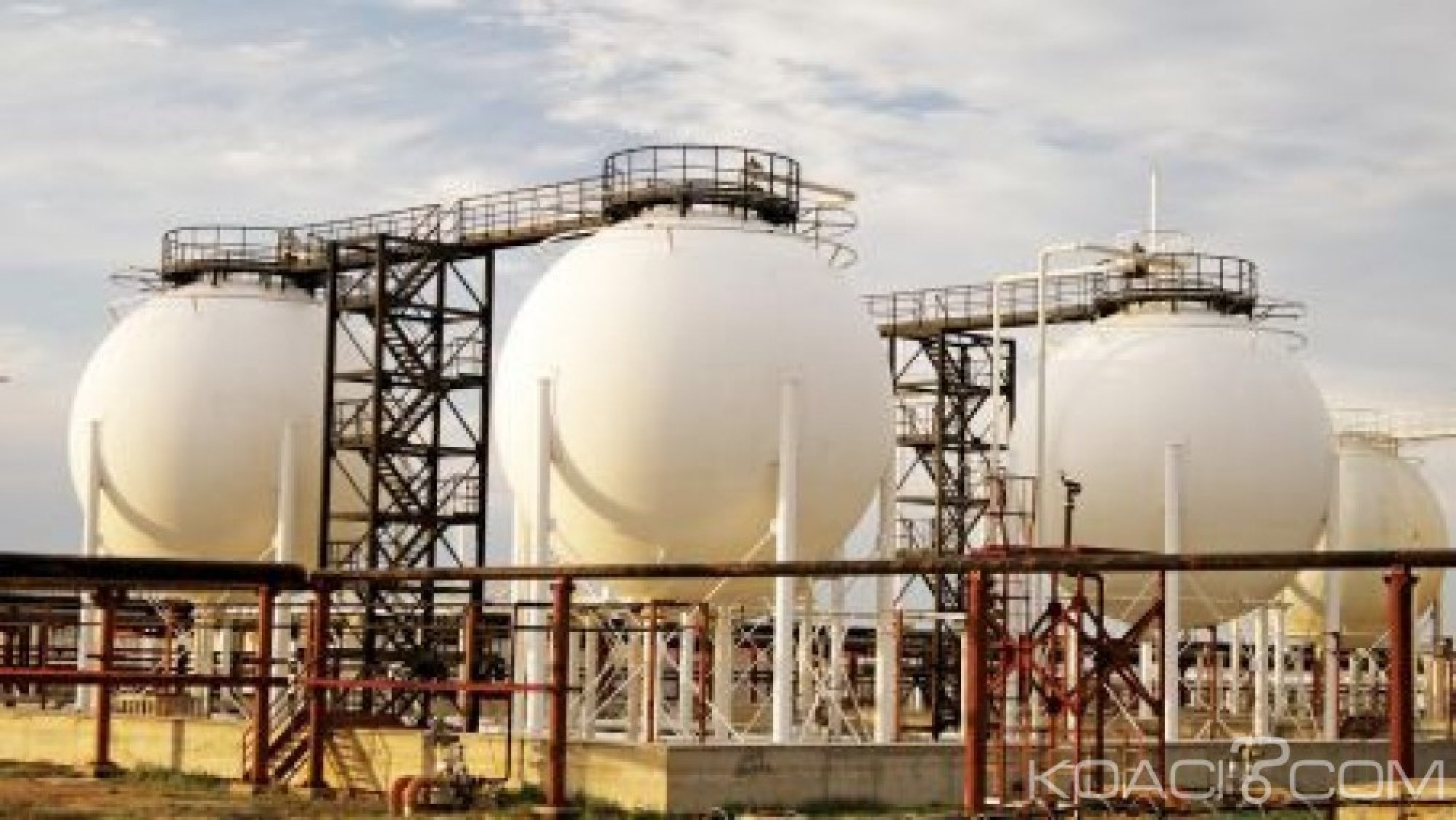Libya, a nation rich in oil reserves and steeped in history, has faced a tumultuous period since the 2011 uprising that toppled Muammar Gaddafi’s regime. The overthrow of a dictator offered hope for a democratic future, but the path to stability has been arduous. Examining the lessons learned and challenges that lie ahead is crucial for understanding Libya’s future.
Lessons Learned Over the Years
Importance of Inclusive Transition: The immediate joy upon Gaddafi’s downfall obscured the absence of a well-defined strategy for the post-conflict transition. National reconciliation was impeded by the exclusion of particular communities from the political process, which stoked anger. For instance, continuing tensions were exacerbated by the marginalization of eastern tribes. In light of this, future initiatives must be inclusive, taking into account a range of viewpoints and resolving local issues.
Need for Strong Institutions: Weak institutions are the legacy of Gaddafi’s autocratic regime. An unbiased judiciary and a powerful, professional military were lacking, which made it difficult to impose law and security. This void made room for the growth of armed militias, which further destabilized the nation. Long-term stability depends on funding capacity building for agencies like the courts and police.
The Centrality of Security: The growth of armed organizations was encouraged by the inability to remove Gaddafi from his enormous arsenal of weaponry. These militias constituted a significant barrier to peace as they competed for resources and authority. The attempt to establish a central authority was further impeded by the absence of a cohesive national army. Building a professional national army while giving priority to these militias’ disarmament, demobilization, and reintegration (DDR) initiatives is essential for security.
Economic Diversification: Libya is susceptible to changes in the price of oil due to its reliance on the commodity. Existing economic problems were made worse by the oil crisis of 2014. Investing in non-oil industries like tourism and agriculture helps diversify the economy, lessen dependency on a single resource, and generate jobs.
The Function of Regional Players: Foreign involvement in Libya has shown both advantages and disadvantages. Although Gaddafi was overthrown by the NATO intervention in 2011, instability was exacerbated by the absence of a clear post-conflict strategy from regional and international players. Subsequently, regional entities such as the African Union and adjacent countries might assume a pivotal role in enabling communication and advocating for a solution that belongs to Libya.
Challenges Ahead:
National Reconciliation and Unity: Deep divisions remain between rival factions in Libya. The east-west divide persists, fueled by historical grievances and competition for resources. Facilitating dialogue and finding a power-sharing arrangement that incorporates all stakeholders is crucial for national unity. The Truth and Reconciliation Commission (TRC) established in 2019 offers a potential avenue for addressing past injustices and fostering healing.
Security Sector Reform: Integrating militias into a unified national army remains a challenge. Mistrust and competition for power hinder progress. Offering militias clear incentives for integration and providing alternative livelihoods are vital components of successful security sector reform.
Constitutional and Electoral Reforms: The 2014 elections failed to produce a stable government. Inconsistencies and ambiguities in the constitution further complicate the political landscape. Addressing these issues through a transparent and inclusive process is critical for holding credible elections and establishing a legitimate government.
Economic Recovery and Development: Years of conflict and instability have battered Libya’s economy. Reconstruction efforts, coupled with economic diversification, are essential for job creation and improving the lives of Libyans. Attracting foreign investment requires creating a secure and business-friendly environment.
Countering Terrorism: The power vacuum in Libya has provided a haven for terrorist groups like ISIS. Securing the borders and dismantling terrorist networks requires a multifaceted approach, including collaboration with regional and international partners.
Some international Corporations have also shown support over the years, for instance;
The United Nations Support Mission in Libya (UNSMIL): This UN mission plays a crucial role in facilitating dialogue between Libyan factions and supporting the political process. However, its effectiveness has been hampered by internal divisions and external pressure. Continued international support for UNSMIL is necessary for its success.
The European Union: The EU can play a key role in supporting economic reconstruction and development efforts in Libya. Investing in infrastructure projects and promoting trade can foster long-term stability.
The road ahead for Libya is paved with both challenges and opportunities. The younger generation, a significant portion of the population, holds the key to the country’s future. Investing in education and creating opportunities for youth participation in the political and economic spheres can foster a more democratic and prosperous Libya. Embracing technology and innovation can create new avenues for economic growth and development.
Libya’s journey towards stability is far from over. The lessons learned from the past, coupled with a concerted effort to address the remaining challenges, offer a path toward a brighter future. The success of this endeavor will not only benefit Libya but also serve as an inspiration for other nations striving for democracy and peace.


